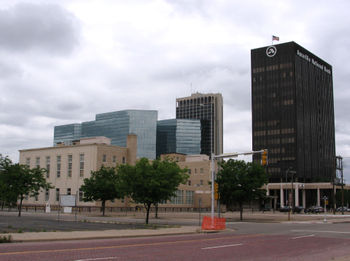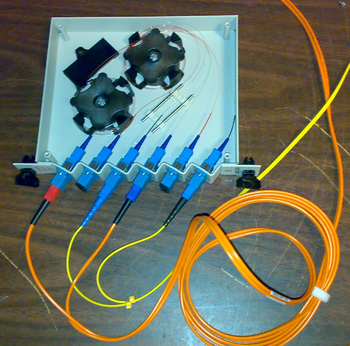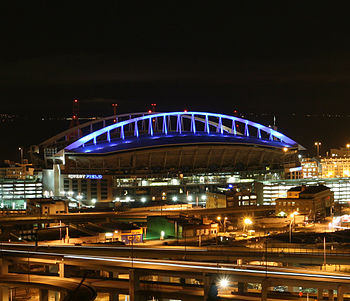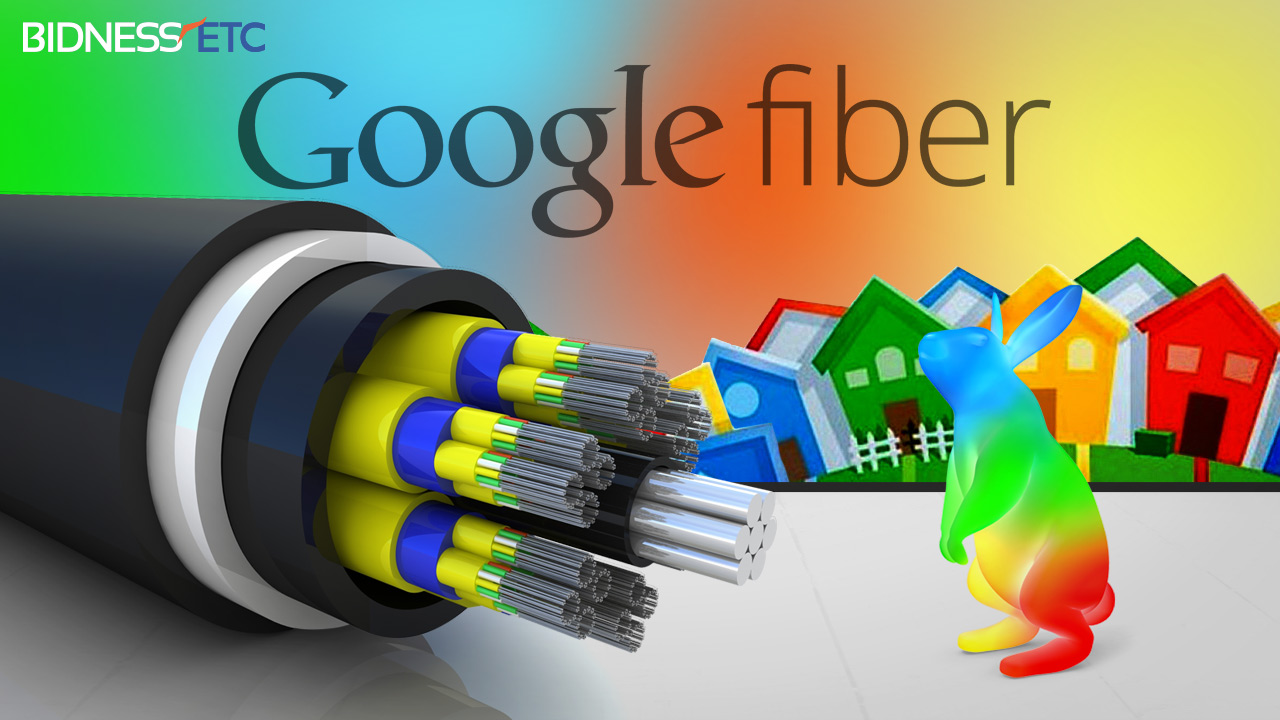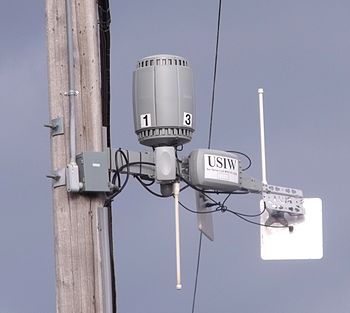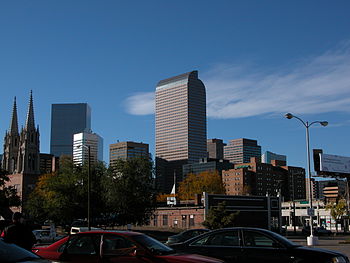ABILENE, Texas, Jan. 4, 2016 /PRNewswire/ — NTS Communications, Inc.
NTS Communications, Inc. (“NTS”) today announced the launch of high speed Internet service up to 1 Gigabit in Abilene, TX. The service is delivered over a state-of-the-art pure fiber to the premise (FTTP) network. Effective immediately, local business customers in serviceable areas, including the downtown area, will have access to NTS’ Gigabit Fiber Network, which will provide speeds up to 1 Gbps (1,000Mbps).
Cyrus Driver, President & CEO of NTS stated, “We are very excited to continue the rollout of our Gigabit Internet speeds to Abilene, making it NTS’ next ‘Gigabit City’. Our Gigabit Fiber Network will provide the Abilene business community with a highly reliable technical infrastructure for many years to come. NTS’ Gigabit services are delivered over a pure fiber network and directly connect to our customers at their premise. This pure and powerful solution will not only provide highly desirable services to current businesses, but will position Abilene as an even more competitive location for new business and industries in Texas.” Continue reading





